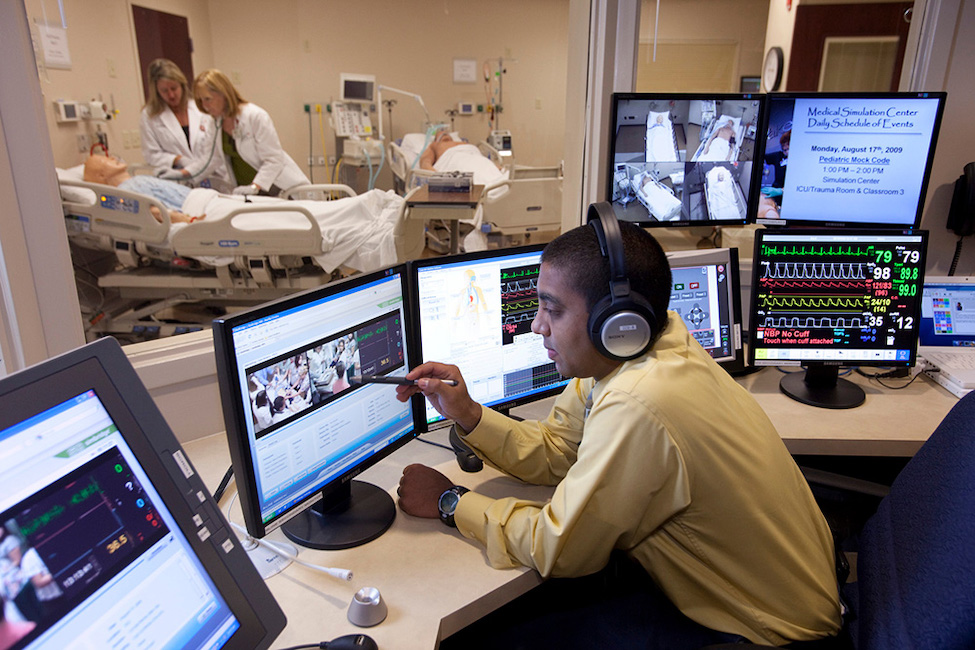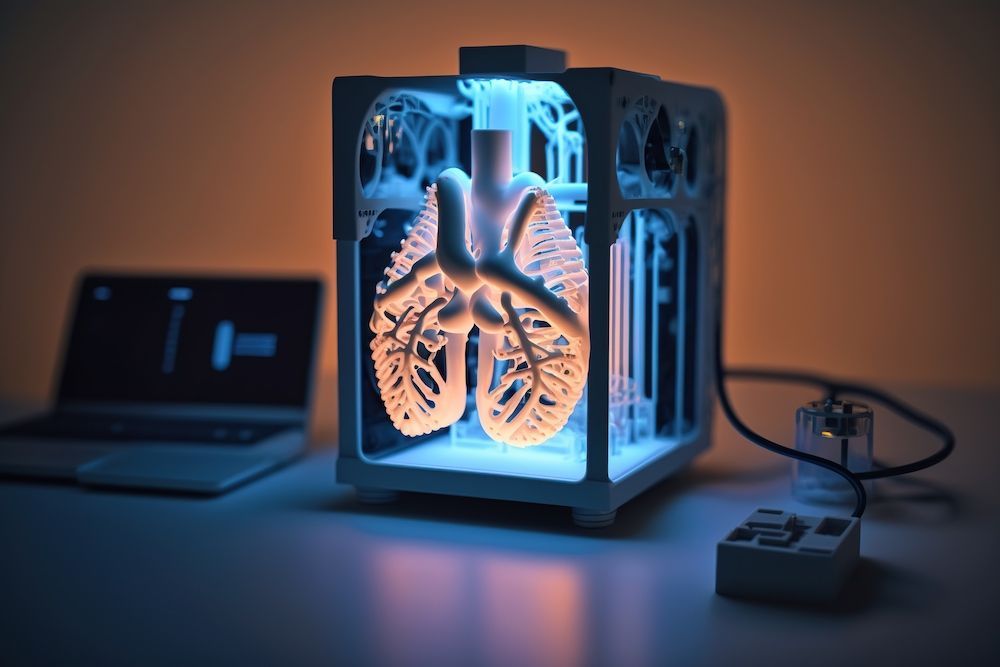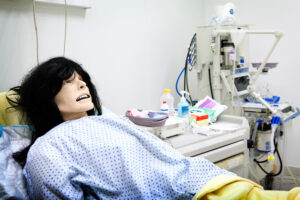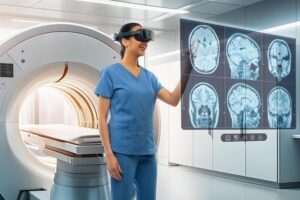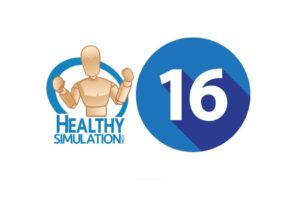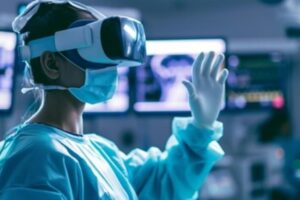SimTech | Sim Tech
A SimTech works in a Healthcare Simulation program and manages the operations of Medical Simulation technology. Contributing to the wider simulation community, Sim Techs operate manikins and help to set up and manage networks and IT infrastructure.
Sim Tech Responsibilities
Within their day-to-day operations, Simulation Technicians will assist with the management and operation of patient simulator equipment. They will also perform upkeep and maintenance checks (including equipment servicing and maintenance agreements), trainings, reliability tests and the scheduling of medical simulator performances. They will further use computers and audiovisual equipment to develop and facilitate equipment training for internal and external clients, both on-site and remotely. Training by SimTechs may alternatively be requested in the form of coaching for audiences with varied levels of technical expertise
Sponsored Content:
Other duties of a SimTech includes providing input and advice on clinical simulation design, application, operation, maintenance, training, reliability and overall equipment performance. Often reporting directly to a Simulation Coordinator or Simulation Administrator, Sim Techs will assist with a program’s other IT department needs through technical support as necessary. Simulation Technologists additionally work with Simulation Coordinators to assist with faculty education and training as well.
Another important responsibility of a Simulation Technology Specialist is to safeguard electronic data and programming by protecting simulation technology from data loss. Oftentimes data loss will occur as a result of equipment failures, in addition to the unauthorized use of nursing department documents or protected student or participant information. This is why managing the day-to-day operations of state-of-the-art computer imaging software applications and audiovisual equipment is integral in this role.
Lastly, a Sim Tech is usually accountable for recording all simulation exercises, and then making the AV files available to faculty for educational use. Along with these more operational tasks, SimTechs must further maintain records of warranty information, purchase and expiration dates, serial numbers and more. These must always be readily available in case they are ever required to be presented.
To ensure that SimTechs are able to perform these responsibilities to the best of their ability, participation in simulation continuing education through professional organizations like SimGHOSTS, vendors and other resources is strongly suggested. There also exists the ability to earn a certification from an established organization (like the CHSOS from the Society for Simulation in Healthcare). These avenues of educational advancement exemplify a SimTech’s dedication to the field of simulation healthcare, and will help them to develop simulation proficiency and maintain awareness of all current and impending simulation trends.
Sponsored Content:
These professionals are typically employed full-time, and are most commonly required to have obtained a minimum education of a high school degree or the equivalent. While little to no related experience is required upon applying to a SimTech role, industry experience is certainly preferred.
Most healthcare employers do require at least a bachelor’s degree in a field related to healthcare simulation, such as in computer science, medical technology or health sciences. There are certain universities, colleges, technical schools and hospitals that offer medical technology programs. During these programs, coursework is rooted in chemistry, biology, microbiology and clinical lab skills (including research). Depending on the specifics and goals of a simulation laboratory or workplace, employers may require their SimTechs to have anywhere from one to three years of experience in learning-based simulation technology.
Furthermore, when actively seeking out employment as a Sim Tech, professionals will be subject to a background screening to ensure compliance with federal and state working laws. Some states then require a Sim Techto be licensed or registered, which involves earning a degree and then passing a state-issued exam. A valid driver’s license is often required as well, depending on the simulation employer.
SimTech Qualifications
To succeed in the role of a Healthcare Simulation Technology Specialist, these simulation professionals must be able to think critically and work to solve problems independently or in teams. Communication and teamwork stills across diverse groups (such as internal staff, clients, learners, students and training participants) are integral in this position. However, these aren’t the only qualities that help make for a strong SimTech employee.
Within simulation programs, SimTechs must adopt a customer service-oriented attitude, pushing them to be as helpful as possible during all aspects of this position. Being self-directed and self-motivated is another plus, as these characteristics enable a SimTech to work independently in addition to their team work.
HealthySimulation.com is dedicated to providing the latest Sim Tech resources from around the world. To follow along, sign up for our free medical simulation email newsletter, follow @HealthySim on Twitter and @HealthySim on Facebook, or join our HealthySim LinkedIn Group!
Simulation Technologists need to have the proven ability to exercise time management skills and independent judgement, identifying and readjusting work priorities as needed, too. This means they should be fluent in the ability to configure, operate and maintain networked computer and audiovisual equipment, beyond the specialized simulation technologies. Equally important, SimTechs need to be experienced and proficiency with a variety of computer hardware and software applications (such as PC and Mac computers, video cameras and microphones), database development and maintenance; security and protection of software programs, computer files and confidential records.
To stand out amongst simulation peers, Sim Techs should even more so demonstrate a familiarity with medical terminology and have experience in a fluid and demanding work environment. This is experience is extremely beneficial when seeking to effectively manage time and resources to accomplish varied and multi-leveled assignments. Being able to collaborate with IT and vendor contacts to quickly resolve technical issues and a willingness to work with human patient simulators with full physiologic functioning (including all body systems, birth and death) is equally invaluable — and utilized in the field almost daily!
In general, a willingness to work outside normal office hours on occasion, the ability to analyze and evaluate technical equipment functionality and performance and a demonstrated ability to follow oral and written instructions to provide desired outcomes is invaluable as a Sim Tech.
Click Here to Connect to Leading Healthcare Simulation Vendors!
Anyone entering the role of a SimTech should be extremely aware that the physical work environment may include working with toxic substances, mechanical hazards, electrical hazards and can require heavy lifting hazards. Thus, a Sim Tech’s understanding of proper lab procedures is essential to their safety, and the safety of their colleagues.
Job hunting or recruiting? Visit our medical simulation job board!
Latest Sim Tech News

How to Fill-in for the Role of Clinical Simulation Technician

How to Make an Accessible and Wearable Medi-Port for Simulation

Why a MakerSpace Should Be Part of Every Healthcare Simulation Center
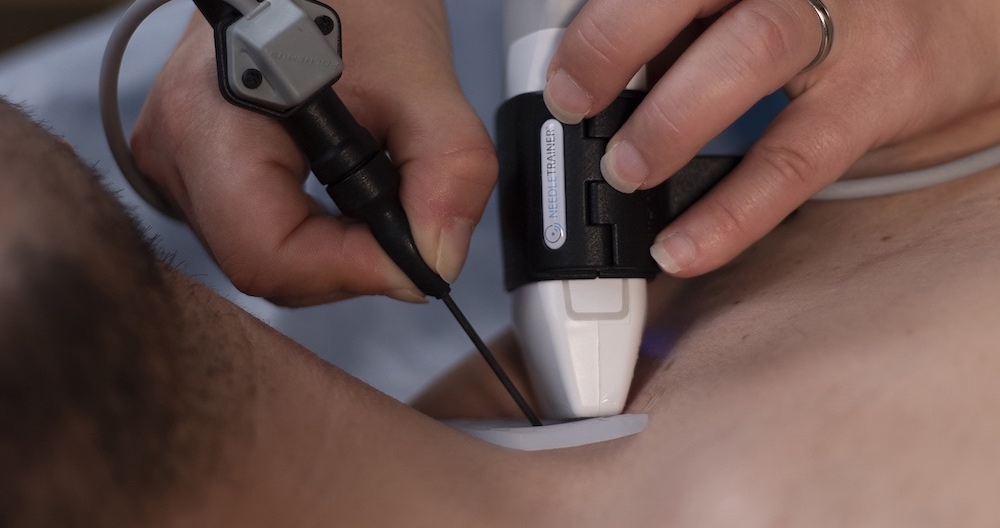
NeedleTrainer: Realistic, Effective and Safe Ultrasound-Guided Needling Simulator from Intelligent Ultrasound

3D Printing Steps to Expand Healthcare Simulation
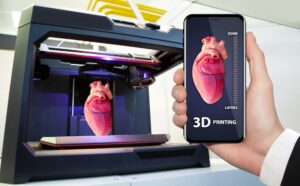
3D Printing: Questions for Healthcare Simulation Use

Free Online IT Training Courses for Healthcare Simulation Technology Specialists

Publication of Distance Simulation Educator Guidelines in Healthcare
Sponsored Content:



